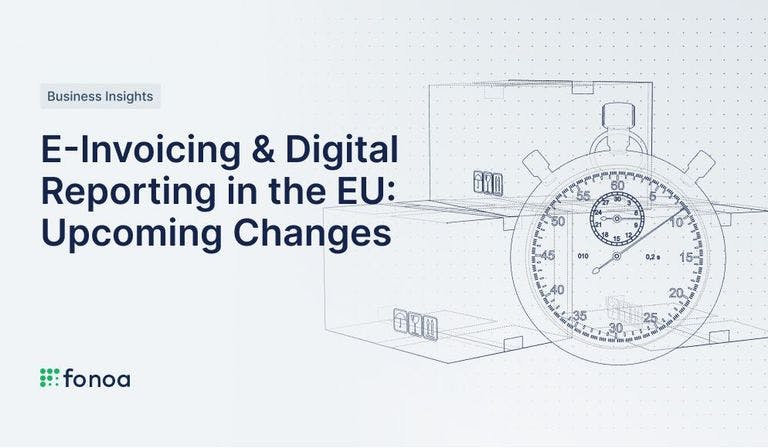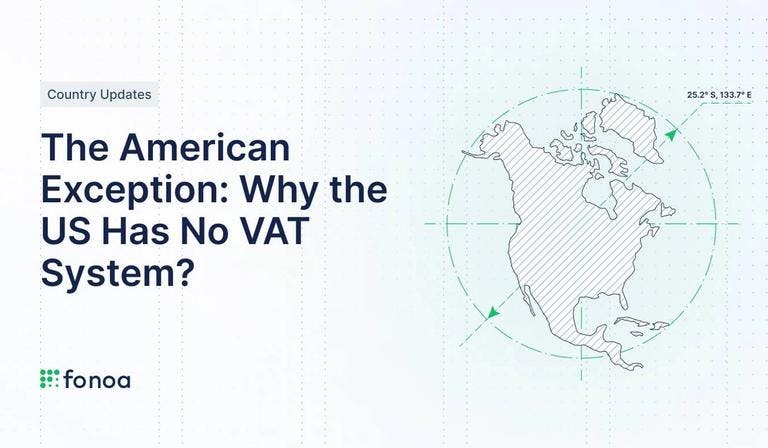GST on Digital Services in India
GST on Cross-Border Digital Services in India
Online Information Database Access and Retrieval (OIDAR) services are defined as services whose delivery is mediated by information technology over the internet or an electronic network and are impossible to ensure in the absence of information technology.
Digital (OIDAR) Services in Scope
Supplies of the following electronically supplied services by non-resident suppliers are liable for GST in India:
- Advertising on the internet: It includes accessing or downloading desktop themes; accessing or downloading images or screensavers; the digitized content of books and other electronic publications; subscription to online newspapers and journals; the provision of advertising space including banner ads on a website/web page; and use of search engines and Internet directories
- Website supply, web-hosting, and distance maintenance of programs and equipment: It includes website hosting and webpage hosting; automated, online, and distance maintenance of programs; remote systems administration; online data warehousing where specific data is stored and retrieved electronically;
- Supply of software and updating thereof: It includes accessing or downloading software (including procurement/accountancy programs and antivirus software) plus related updates;
- Supply of music, films, and games, including games of chance and gambling games, and of political, cultural, artistic, sporting, scientific, and entertainment broadcasts and events;
- Supply of distance teaching: Automated distance teaching depends on the Internet or similar electronic network to function and the supply of which requires limited or no human intervention, including virtual classrooms; and workbooks completed by pupils online and marked automatically, without human intervention.
Determining the Location of the Indian Consumer
The recipient will be deemed to be located in the taxable territory (i.e., in India) if any two of the following conditions are satisfied:
- The location of the address presented by the recipient through the internet is in India
- Credit card or debit card (or any other card such as store value card) which the recipient uses to pay is issued in India
- The billing address of the recipient of services is in India
- The IP address of the device used by the recipient is in India
- The bank of the recipient’s account used for payment is maintained in India
- The country code of the subscriber’s identity module card used by the recipient of services should be India
- The location of the fixed landline through which the service is received by the recipient is in India.
GST Registration for Foreign Companies
All OIDAR service providers supplying services to residents in India and not located in India (i.e. foreign companies) should comply with GST regulations. Any OIDAR service provider supplying online information and database access or retrieval services from a place outside India to a non-taxable online recipient should obtain GST registration by filing GST REG-10.
- Thresholds: All foreign OIDAR service providers should apply for GST registration. There is no registration threshold.
- Fiscal representatives: Yes
GST Returns and payment of taxes
Once registered, businesses will need to collect and remit taxes to the Indian tax authorities.
More details about the different GST return types in India can be found in the Fonoa Business GST Guide.
Digital Reporting Requirements for Cross-Border Digital Services
The current scope of e-invoicing in India covers both domestic and cross-border transactions.
Foreign Intermediaries Equalization Levy
Effective from April 1, 2020, consideration received by a non-resident e-commerce operator (foreign company) from an e-commerce supply or service is liable to an equalization levy at the rate of 2%.
The person responsible for paying the equalization levy in India is the non-resident e-commerce operator.
Specified services on which the equalization levy applies:
- Online sale of goods owned by the e-commerce operator
- Online provision of services provided by the e-commerce operator
- Online sale of goods or provision of services (or both), facilitated by the e-commerce operator
- Sale of advertisement which targets an Indian resident customer, or which targets a customer who accesses the advertisement through an IP address located in India
- Sale of data collected from an Indian resident or from a person who uses an IP address located in India
Income Withholding Tax
An e-Commerce Operator must deduct a withholding tax, known as Tax Deducted at Source (TDS), for facilitating any sale of goods or provision of services through an e-Commerce Participant. This obligation was introduced by Section 194O (colloquially “one, ninety-four, oh”) and came into effect on October 1, 2020.
E-Commerce Operator
An e-Commerce Operator is a person who owns, operates, or manages a digital/electronic facility for the sale of goods and services. They are responsible for making payments to the e-Commerce Participant on such sales.
E-Commerce Participant
An e-Commerce Participant is a person who sells goods, services, or both through an electronic facility provided by an e-Commerce Operator. They must be a resident of India.
- A threshold limit of INR 500,000 in aggregate per Financial Year (April to March) is prescribed.
- Non-resident e-commerce participants are exempted from the scope of this section.





